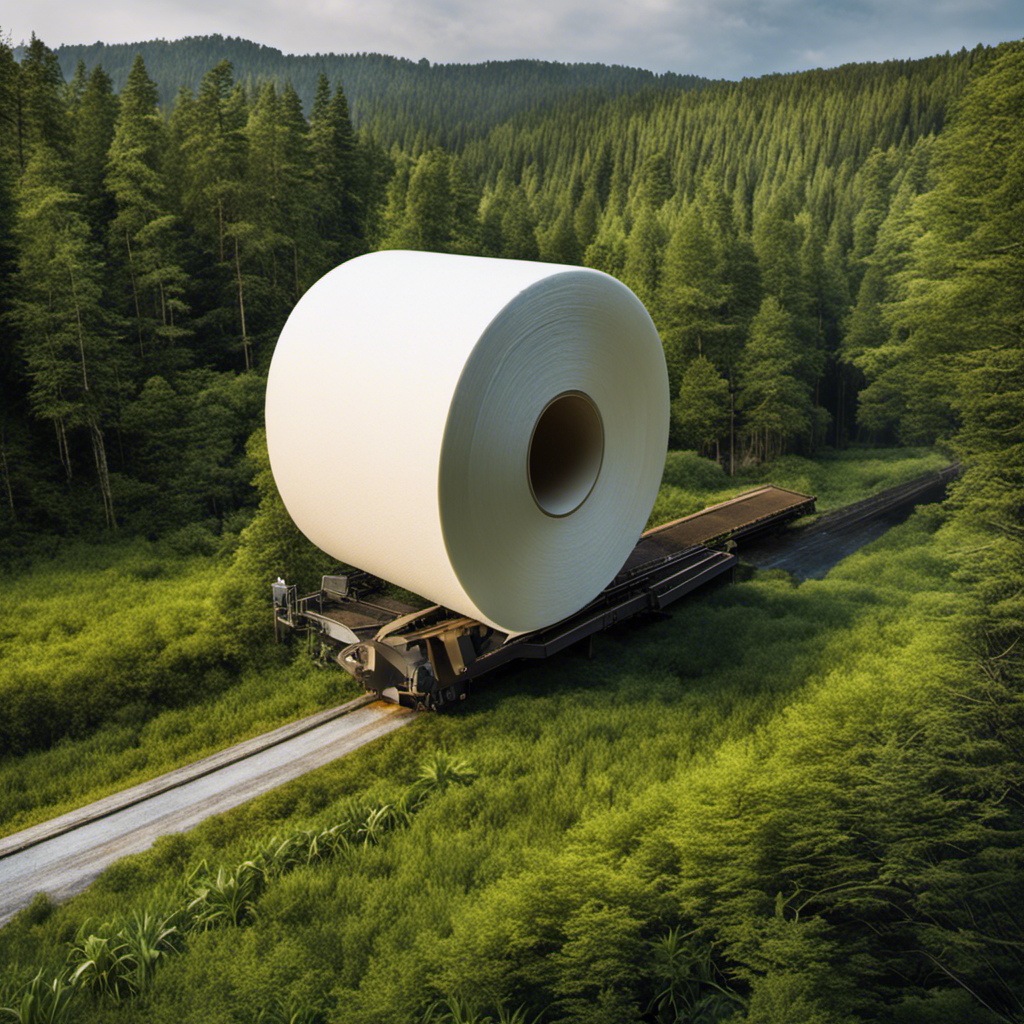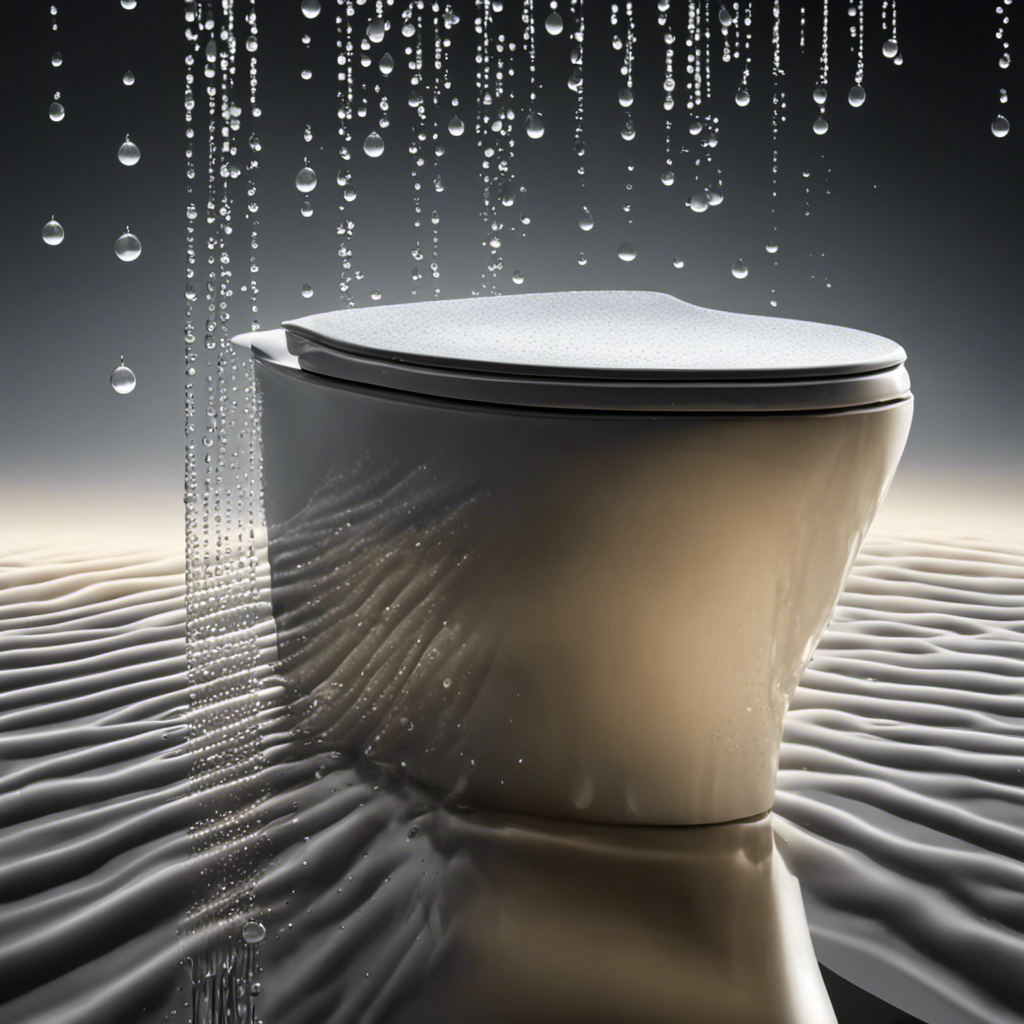We’ve all found ourselves in this situation – in the aisle of a grocery store, confronted with a vast array of toilet paper options. However, what often slips our mind is the question of whether our selection is safe for septic systems.
In this article, we’ll delve into the world of toilet paper and explore which types can wreak havoc on your septic system. From recycled paper to lotion-infused varieties, we’ll analyze the potential risks and help you make an informed decision.
Get ready to master the art of septic-friendly toilet paper!
Key Takeaways
- Recycled toilet paper, quilted or textured toilet paper, toilet paper with lotion or fragrance, and colored or printed toilet paper are not septic safe.
- Non-septic safe toilet paper can cause clogs, backups, and reduced efficiency in septic tanks, leading to contamination of drinking water sources and damage to ecosystems.
- Wet wipes, paper towels, and tissues do not disintegrate easily and can clog septic systems, harm aquatic life, and disrupt waste breakdown.
- Regular maintenance, using septic-safe toilet paper, avoiding non-biodegradable items, and proper disposal practices are crucial for maintaining the longevity and optimal functioning of septic systems.
Recycled Toilet Paper and Septic Systems
Recycled toilet paper poses potential risks to septic systems. While using recycled toilet paper has its environmental benefits, it’s important to consider its impact on septic system maintenance.

Septic systems rely on the natural breakdown of waste by bacteria and enzymes. However, recycled toilet paper may contain chemicals and additives that can disrupt this delicate balance. These substances can interfere with the septic tank’s ability to break down waste efficiently, leading to clogging and potential system failure.
Regular maintenance is crucial for septic systems, and using non-recycled toilet paper can help ensure optimal performance. By choosing toilet paper that’s specifically designed for septic systems, homeowners can minimize the risk of costly repairs and maintain the longevity of their septic system.
Quilted or Textured Toilet Paper and Septic Systems
Using quilted or textured toilet paper in our septic systems can cause potential issues. When it comes to septic tank care, it’s important to consider the impact of textured toilet paper on septic systems. Here are four things you need to know:
- Reduced Dissolvability: Quilted or textured toilet paper is designed to be more absorbent, but this means it takes longer to break down in water. This can lead to clogs and blockages in your septic system.
- Increased Maintenance: The use of quilted toilet paper may require more frequent pumping and maintenance of your septic tank. The textured fibers can accumulate and create a buildup that hinders the proper functioning of the system.
- Costly Repairs: Clogs and blockages caused by textured toilet paper can lead to costly repairs and replacements of septic system components. Regular use of quilted toilet paper can exacerbate these issues and cause system failure.
- Environmentally Unfriendly: Quilted or textured toilet paper often contains synthetic materials, which aren’t biodegradable. This can have a negative impact on the environment and contribute to pollution.
To ensure the longevity and proper functioning of your septic system, it’s best to opt for toilet paper that’s specifically labeled as septic-safe and avoid quilted or textured varieties.

Toilet Paper With Lotion or Fragrance and Septic Systems
Toilet paper with lotion or fragrance can pose potential risks to our septic systems. These added ingredients may offer a soft and pleasant experience for users, but they can have detrimental effects on the delicate balance of bacteria in septic tanks.
The lotion and fragrance in these toilet papers often contain chemicals that can disrupt the natural breakdown of waste in the septic system. This can lead to clogs, blockages, and even system failure.
To maintain the health of our septic systems, it’s crucial to choose toilet paper without lotion or fragrance. Reading the ingredients list carefully and opting for products that are explicitly labeled as septic-safe can help ensure the longevity and optimal functioning of our septic tanks.
Following proper septic tank maintenance tips, such as regular pumping and avoiding flushing non-biodegradable items, will also help prevent any issues caused by incompatible toilet paper ingredients.

Colored or Printed Toilet Paper and Septic Systems
As we continue our exploration of toilet paper that isn’t septic safe, let’s delve into the potential issues associated with using colored or printed toilet paper in septic systems. When it comes to the safety of your septic system, the type of toilet paper you choose can make a significant difference. Here are four important things to consider:
- Recycled vs. non-recycled toilet paper: Recycled toilet paper is generally safer for septic systems as it breaks down more easily, reducing the risk of clogging or damage.
- Dyes and inks in colored or printed toilet paper: These additives can contain chemicals that may harm the beneficial bacteria in your septic tank, disrupting its natural processes.
- Safe toilet paper options for septic systems: Look for toilet paper that’s labeled as septic safe or biodegradable. These options are designed to break down quickly and minimize the strain on your septic system.
- Regular maintenance and pumping: Regardless of the type of toilet paper you choose, regular septic tank maintenance and pumping are crucial to ensure the proper functioning of your system.
Now that we’ve explored the potential issues with colored or printed toilet paper, let’s move on to the next subtopic: thick or ultra-soft toilet paper and septic systems.
Thick or Ultra-Soft Toilet Paper and Septic Systems
We’ve found that thick or ultra-soft toilet paper can pose potential problems for septic systems. These types of toilet papers may provide a luxurious and comfortable experience, but their impact on plumbing and septic systems should be taken into consideration.
The thickness and softness of these papers can cause them to break down more slowly in water, leading to clogs and blockages in plumbing pipes and septic tanks. This can result in costly repairs and maintenance.
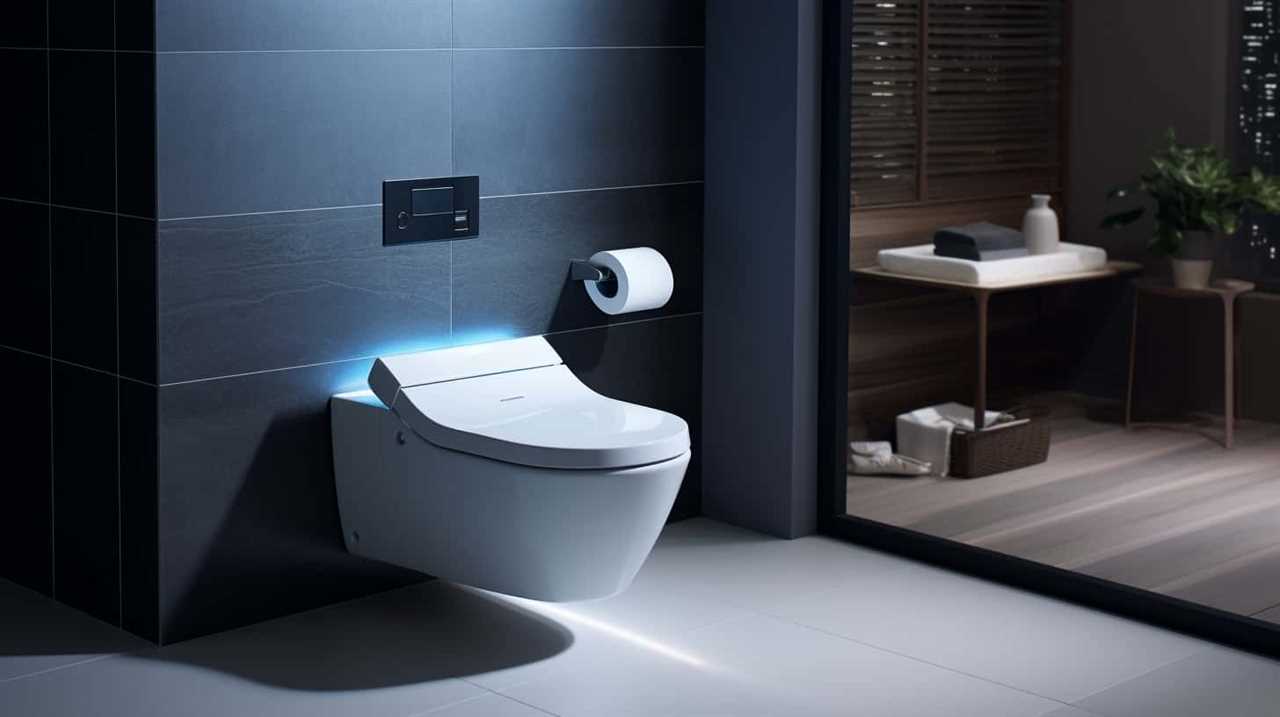
Additionally, the slower breakdown of thick or ultra-soft toilet paper can affect the overall efficiency of septic systems. This can potentially lead to environmental concerns such as groundwater contamination.
Therefore, it’s important to choose toilet paper that’s septic-safe and breaks down easily to avoid these issues.
Toilet Paper With Additives or Chemicals and Septic Systems
Continuing our exploration of potential issues with toilet paper and septic systems, certain types of toilet paper that contain additives or chemicals can have adverse effects. It’s important to be aware of these potential risks and make informed choices when selecting toilet paper for use with septic systems.
Here are four key points to consider:
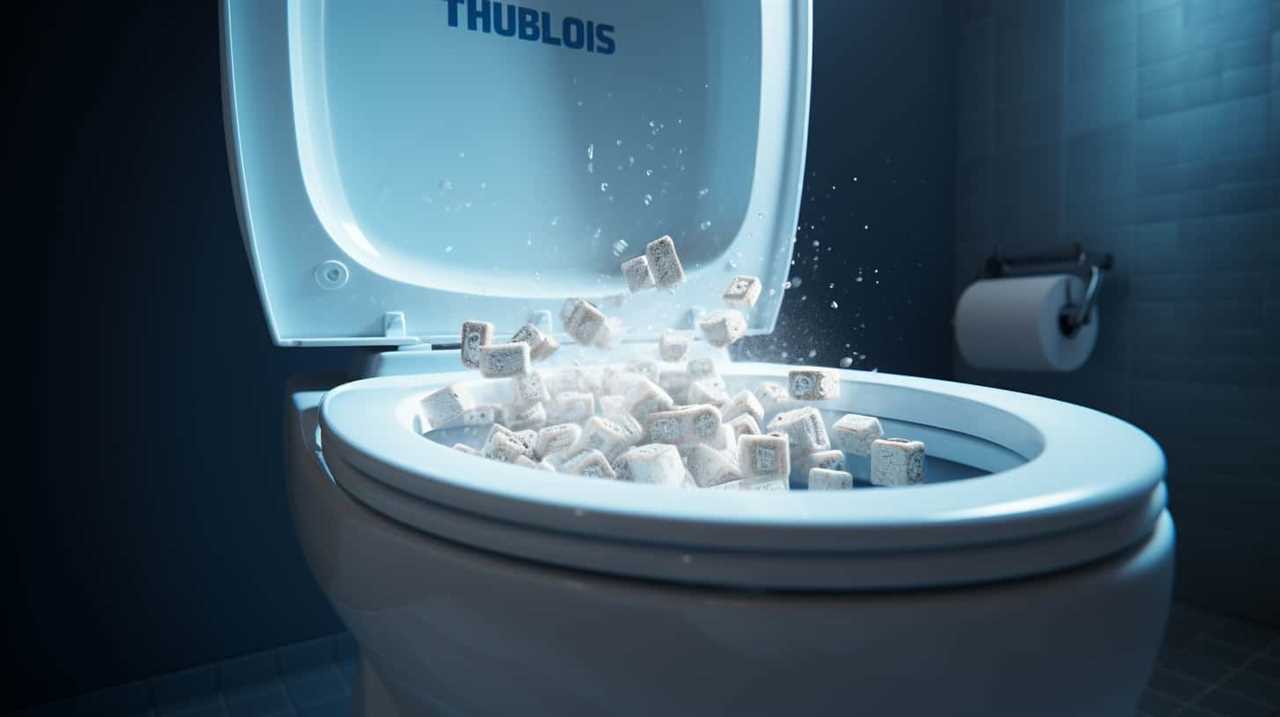
- Environmental Impact: Toilet paper with additives or chemicals can have a negative impact on the environment. These substances can interfere with the natural breakdown of waste in septic systems, leading to pollution of groundwater and nearby bodies of water.
- Septic System Maintenance: Using toilet paper without additives or chemicals can help maintain the health and functionality of your septic system. By avoiding these substances, you can prevent unnecessary strain on the system and reduce the need for costly repairs or replacements.
- Read Labels Carefully: When purchasing toilet paper, read the labels carefully to ensure that it doesn’t contain any additives or chemicals. Look for products that are labeled as septic-safe or biodegradable.
- Consider Alternative Options: If you’re concerned about the environmental impact of your toilet paper, consider switching to alternative options such as recycled toilet paper or bamboo toilet paper. These options are typically free from additives or chemicals and are more environmentally friendly.
Non-Dissolvable Toilet Paper and Septic Systems
Another concern in regards to toilet paper and septic systems is the use of non-dissolvable toilet paper. Non-dissolvable toilet paper doesn’t break down easily in water, which can lead to clogs and blockages in septic systems. This can result in expensive repairs and septic system failures.
Septic system maintenance is crucial to prevent these issues. Proper toilet paper disposal is essential to ensure the smooth operation of septic systems. It’s important to only use toilet paper that’s specifically designed to dissolve quickly in water, such as septic-safe or biodegradable toilet paper.
Additionally, it’s recommended to avoid flushing any other materials, such as wipes or feminine hygiene products, as they can also contribute to clogs and damage to septic systems.
Regular maintenance and proper disposal practices are key to keeping septic systems functioning properly.

Multi-Ply or Layered Toilet Paper and Septic Systems
One common concern regarding toilet paper and septic systems is the impact of using multi-ply or layered toilet paper. This type of toilet paper is made up of multiple layers, which can be problematic for septic systems. Here are four reasons why multi-ply or layered toilet paper can have a negative impact on plumbing and raise environmental concerns:
- Reduced Dissolvability: Multi-ply toilet paper takes longer to break down in water, increasing the risk of clogging pipes and causing plumbing issues.
- Increased Septic Tank Volume: The additional layers of toilet paper add bulk to the septic tank, reducing its capacity and requiring more frequent pumping.
- Environmental Impact: The production of multi-ply or layered toilet paper requires more resources, such as water and energy, contributing to environmental degradation.
- Higher Maintenance Costs: Dealing with clogged pipes and septic tank issues caused by multi-ply toilet paper can lead to expensive repairs and maintenance.
Considering these factors, it’s advisable to choose a toilet paper that’s single-ply and septic-safe to minimize the impact on plumbing and the environment.
Novelty or Specialty Toilet Paper and Septic Systems
When it comes to novelty or specialty toilet paper, it’s important to consider the potential impact on septic systems. Some novelty brands may contain additives or materials that can be harmful to septic tanks and disrupt the natural breakdown process. These additives can lead to clogs, blockages, and even costly repairs.
It’s crucial to choose toilet paper that’s specifically labeled as septic safe to ensure the longevity and functionality of your septic system.

Harmful Novelty Brands
The harmful effects of novelty or specialty toilet paper on septic systems are a concern for us. When it comes to choosing toilet paper for your septic system, it’s important to avoid certain novelty brands that can cause damage and disrupt the delicate balance of the system.
Here are four reasons why harmful novelty brands should be avoided:
- Harmful Chemicals: Many novelty brands contain chemicals that aren’t biodegradable and can harm the bacteria in the septic tank, leading to system failure.
- Environmental Impact: Novelty toilet paper often uses dyes and fragrances that can be harmful to the environment when they enter the wastewater system.
- Excessive Thickness: Some novelty brands are excessively thick, leading to clogs and blockages in the septic system, resulting in costly repairs.
- Lack of Dissolvability: Novelty toilet paper may not dissolve easily in water, leading to the accumulation of paper in the septic tank and potentially causing backups and overflows.
To ensure the longevity and proper functioning of your septic system, it’s best to choose septic-safe toilet paper that’s free from harmful chemicals and designed to dissolve quickly and completely.
Impact on Septic Tanks?
We have observed the detrimental impact of novelty or specialty toilet paper on septic tanks. When novelty or specialty toilet paper is used in septic systems, it can cause significant problems and lead to costly repairs.
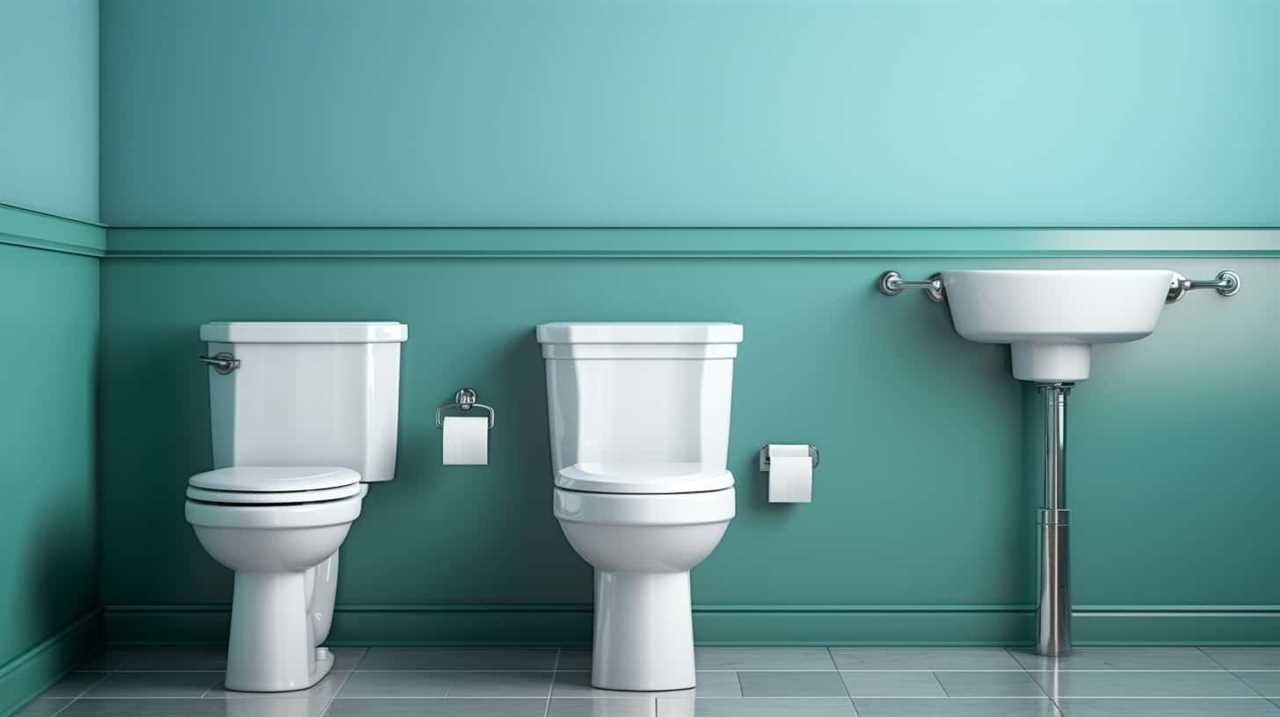
The main issue lies in the fact that these types of toilet paper are often not designed to break down easily in water. As a result, they can clog pipes and accumulate in septic tanks, reducing their efficiency and eventually causing backups. This can lead to the release of harmful substances into the surrounding soil and groundwater.
The environmental consequences of such releases can be severe, including contamination of drinking water sources and damage to ecosystems. Therefore, it’s crucial to choose septic-safe toilet paper to avoid these potential problems and protect both your septic system and the environment.
Wet Wipes or Flushable Wipes and Septic Systems
When it comes to wet wipes or flushable wipes and septic systems, there are several risks to consider.
While these wipes may claim to be flushable, they can actually cause clogs in your septic system. Additionally, the materials used in wet wipes are often not easily broken down, which can further contribute to blockages and potential damage to your septic system.

It’s important to explore alternative options that are specifically designed to be septic safe in order to avoid these potential issues.
Wet Wipe Risks
Using wet wipes or flushable wipes in septic systems poses risks. These convenient products may seem harmless, but their improper disposal can have a significant environmental impact. Here are four reasons why wet wipes aren’t septic safe:
- Clogging: Unlike toilet paper, wet wipes don’t disintegrate easily. They can accumulate in the septic tank and clog the system, leading to costly repairs.
- Damage to the ecosystem: Wet wipes can end up in waterways if flushed, causing harm to aquatic life and polluting the environment.
- Inefficient breakdown: Septic systems rely on the natural breakdown of waste. Wet wipes, however, don’t break down as readily, disrupting the natural decomposition process.
- Expensive maintenance: Dealing with clogs and damage caused by wet wipes can be expensive, requiring more frequent pumping and potential system replacements.
With these risks in mind, it’s essential to explore alternatives for septic systems that are both effective and environmentally friendly.
Alternatives for Septic?
To explore alternatives for septic systems, it is important to consider the impact of using wet wipes or flushable wipes. These products are often marketed as convenient and hygienic options for personal care, but they can have significant drawbacks when it comes to septic systems. Let’s take a closer look at the pros and cons of using wet wipes or flushable wipes as alternatives for septic.

| Pros | Cons |
|---|---|
| Convenient to use | Environmental impact |
| Effective at cleaning | Potential clogging of pipes |
| Moisturizing | May not break down in septic |
While wet wipes or flushable wipes may offer convenience and effective cleaning, their environmental impact cannot be ignored. These wipes can contribute to clogging in pipes and may not break down properly in septic systems. This can lead to costly repairs and maintenance. Additionally, the moisture and chemicals in these wipes can disrupt the balance of bacteria in septic tanks, affecting their overall efficiency. Considering these factors, it is important to weigh the pros and cons before using wet wipes or flushable wipes as alternatives for septic systems.
As we explore alternatives for septic systems, it is also worth considering the use of paper towels or tissues as substitutes for toilet paper. Let’s delve into this topic in the next section.
Paper Towels or Tissues as Substitutes for Toilet Paper and Septic Systems
We regularly use paper towels or tissues as substitutes for toilet paper in our household, but we’ve learned that they aren’t septic safe. It’s important to understand the potential harm these alternatives can cause to our septic systems. Here are four reasons why paper towels or tissues shouldn’t be used as substitutes for toilet paper:
- Reduced Dissolvability: Unlike toilet paper, paper towels and tissues aren’t designed to dissolve easily in water. This can lead to clogs and backups in the septic system.
- Increased Fiber Content: Paper towels and tissues have a higher fiber content compared to toilet paper. This can contribute to the accumulation of solids in the septic tank, leading to potential blockages and reduced system efficiency.
- Lack of Disintegration: Toilet paper is specifically designed to disintegrate quickly in water. Paper towels and tissues, on the other hand, retain their structural integrity for longer periods, increasing the risk of clogging pipes and causing damage to the septic system.
- Chemical Additives: Some paper towels and tissues may contain chemical additives, such as lotions or fragrances, which can disrupt the natural balance of bacteria in the septic tank and hinder the breakdown of waste.
Cheap or Low-Quality Toilet Paper and Septic Systems
One potential issue with septic systems is the use of cheap or low-quality toilet paper. While it may be tempting to opt for the cheapest option available, it’s important to consider the impact on the environment and the cost effectiveness in the long run.
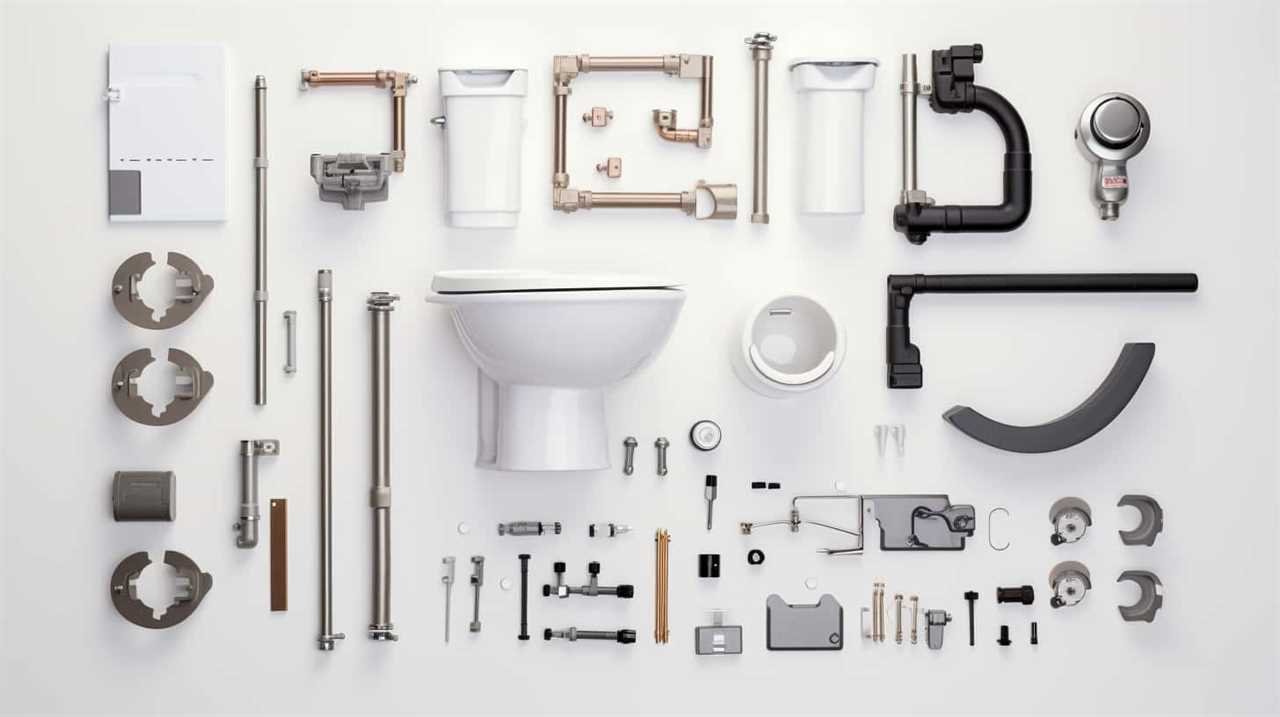
Cheap or low-quality toilet paper often lacks the strength and durability needed to break down properly in septic systems. As a result, it can lead to clogs, backups, and costly repairs.
Additionally, these types of toilet paper may contain chemicals or additives that are harmful to the environment once they enter the septic system. Therefore, it’s advisable to choose a higher quality toilet paper that’s specifically labeled as septic safe, ensuring both the efficiency of the septic system and the protection of the environment.
Conclusion
In conclusion, it’s important to choose toilet paper that’s septic safe to avoid potential issues with your septic system. Recycled toilet paper, quilted or textured toilet paper, toilet paper with lotion or fragrance, colored or printed toilet paper, thick or ultra-soft toilet paper, novelty or specialty toilet paper, wet wipes or flushable wipes, paper towels or tissues as substitutes, and cheap or low-quality toilet paper can all pose risks to your septic system.
Be sure to read labels and choose a toilet paper that’s specifically labeled as septic safe to maintain the health and functionality of your septic system.




